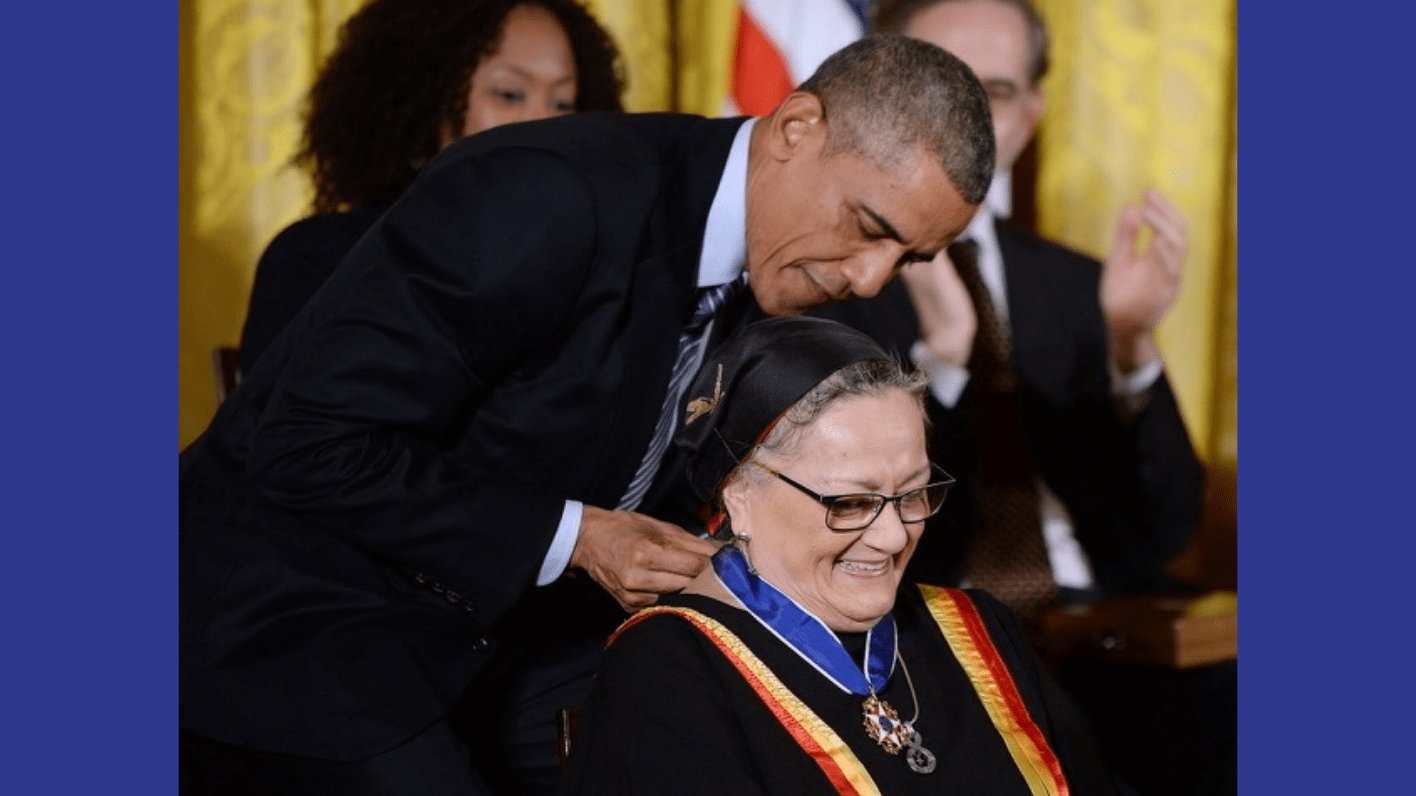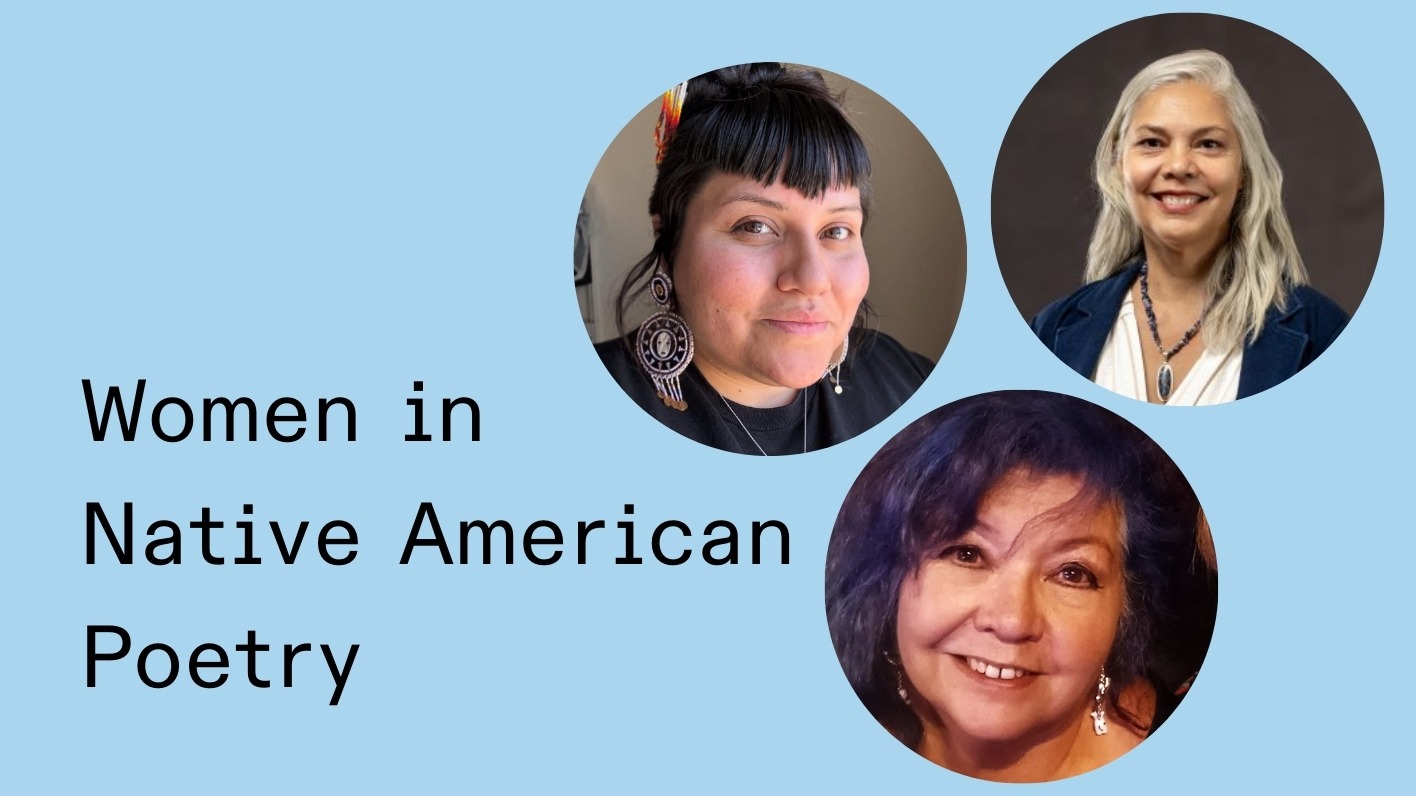
Suzan Shown Harjo on Indigenous Rights, Arts and Activism (Hybrid)
Suzan Shown Harjo has worked for decades to shape a national Native American policy agenda that addresses issues at the core of Indigenous identity: sacred places protection and repatriation, religious freedom, treaty and inherent sovereign rights, mascot eradication, and language revitalization. Join together in the Museum’s theater, as Harjo speaks virtually from Washington, D.C. to discuss past and ongoing issues surrounding artists’ rights, women’s rights, and Native rights. Dr. Debra Harry, Associate Professor in the Department of Gender, Race, and Identity, University of Nevada, Reno, will moderate a conversation and Q&A following the presentation.
For those joining in-person, a light reception to follow program.
For those joining virtually, please click the link to join us virtually:
Suzan Shown Harjo, a Cheyenne citizen of the Cheyenne and Arapaho Tribes, born in her Treaty territory in El Reno, OK, also is Hotvlkvlke Mvskokvlke of Nuyakv Ground, raised on Muscogee Nation Reservation allotted farmland. A writer, curator, and policy advocate, she has developed landmark laws and led campaigns for Indigenous Peoples’ inherent sovereignty and human rights, protecting cultural, historic, and sacred places and recovering over one million acres of land. A Founding Trustee of the Smithsonian Institution’s National Museum of the American Indian, she and others envisioned it in 1967 and achieved its 1989 enabling act with its historic repatriation provision, and she conceived, curated, researched, and edited its “Nation to Nation” Treaties book (2014) and exhibition (2014-2025). She also was Curator of the first Native contemporary art exhibit ever shown in the U.S. House & Senate Rotundas (1992). An award-winning Columnist and a School of Advanced Research Poetry Fellow and Summer Scholar, her policy and creative writings are widely published. Recipient of a 2014 Presidential Medal of Freedom, she has helped reshape society with her leadership and successes toward ending “Indian” slurs and appropriations from sports, geographic locations, and popular culture, and with her persistent work protecting Native ancestors, arts, cultures, lands, languages, religious freedom, and waters.

